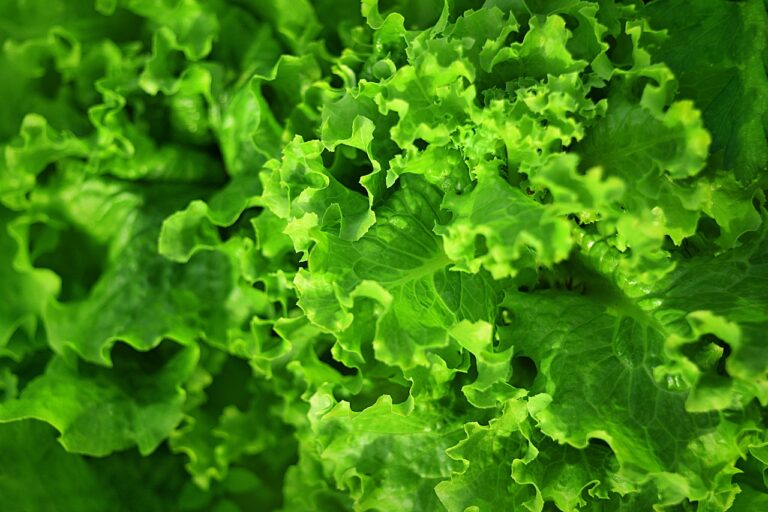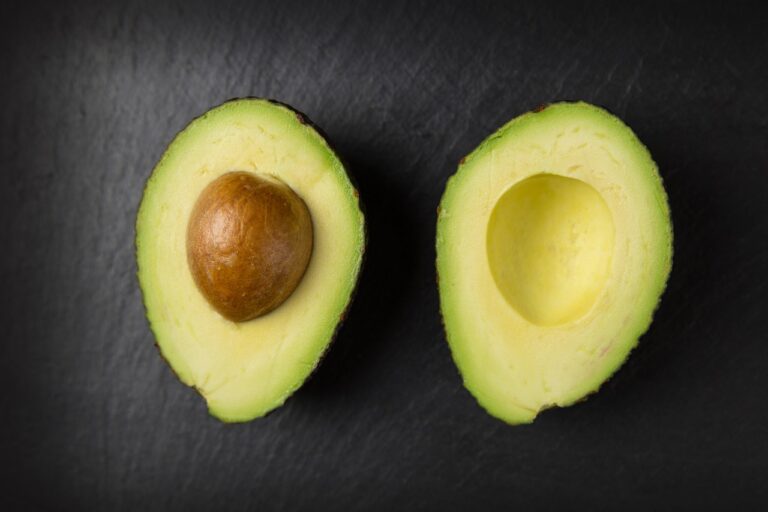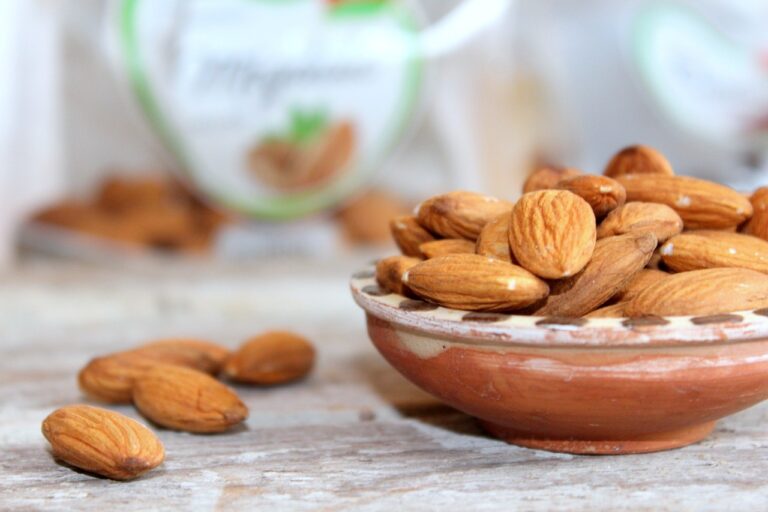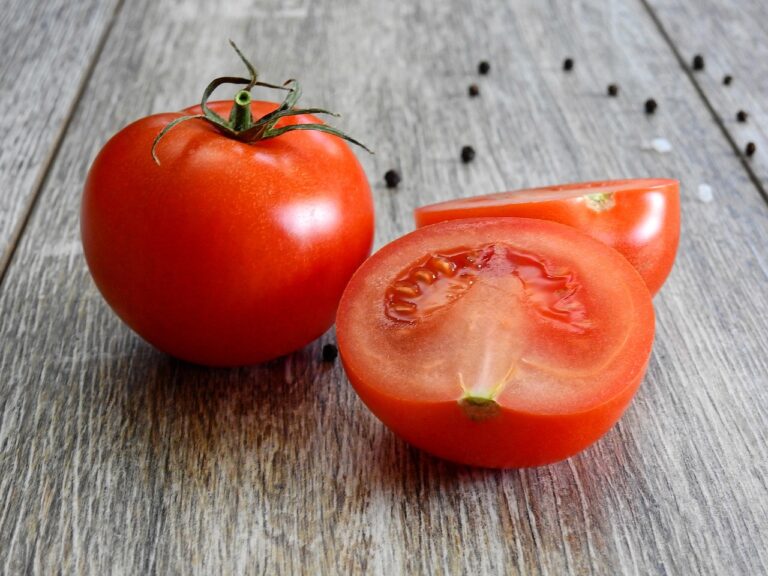10 Food Lover Tips to Elevate Your Culinary Experience
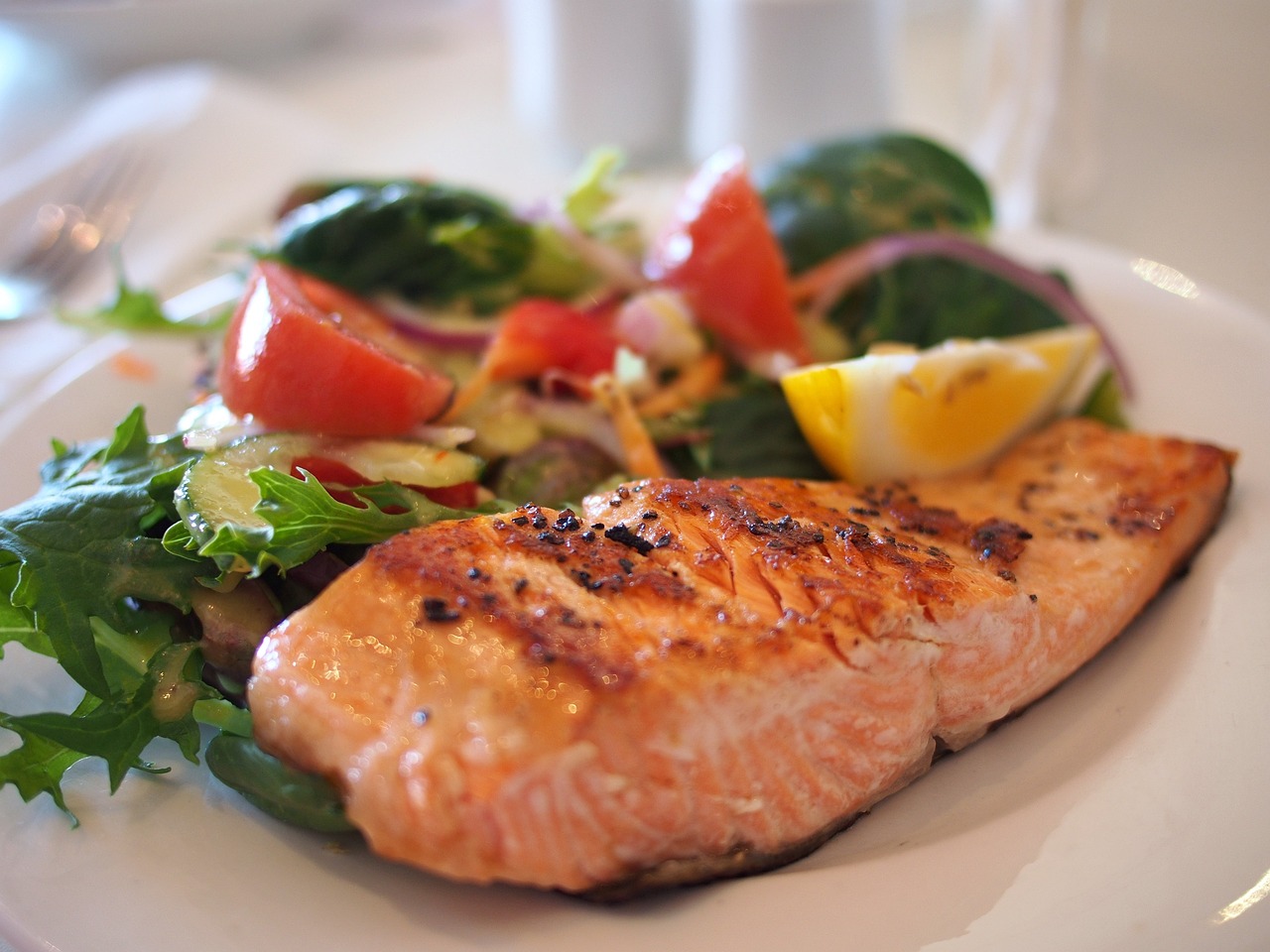
Being a food lover is more than just enjoying meals; it’s about savoring every bite, exploring new flavors, and understanding the artistry behind each dish. Whether you’re an amateur cook, a frequent restaurant-goer, or simply someone who loves good food, there are always ways to enhance your culinary journey. Here are ten unique tips that will not only elevate your food experiences but also deepen your appreciation for the culinary world.
1. Experiment with Unusual Ingredients
Adding unusual ingredients to your pantry can significantly expand your culinary horizons. For instance, consider using exotic spices like sumac or saffron, or incorporating unique fruits like dragon fruit or rambutan into your dishes. These ingredients can introduce new flavors and textures, transforming ordinary recipes into extraordinary meals.
Furthermore, experimenting with uncommon ingredients allows you to step out of your comfort zone and discover new favorite flavors. This not only enriches your palate but also makes your cooking more adventurous and enjoyable. So next time you shop for groceries, be bold and pick something you’ve never tried before.
2. Master the Art of Food Pairing
Understanding which flavors complement each other can take your meals from good to spectacular. Food pairing is a science that combines ingredients based on their molecular compounds to create harmonious and balanced flavors. For example, pairing chocolate with blue cheese or strawberries with basil might seem unconventional, but they create delightful flavor combinations.
Additionally, mastering food pairing enhances your ability to create well-rounded dishes. It can make your cooking more intuitive as you learn to instinctively combine ingredients that complement each other. This skill not only improves your home-cooked meals but also enhances your dining out experiences as you can better appreciate the thought behind restaurant dishes.
3. Invest in Quality Kitchen Tools
Having the right tools can make a significant difference in your cooking experience. High-quality knives, pans, and appliances can improve your efficiency and the quality of your dishes. For instance, a sharp chef’s knife makes chopping vegetables faster and more precise, while a sturdy cast-iron skillet ensures even cooking and adds a beautiful sear to meats.
Moreover, investing in quality kitchen tools can inspire you to cook more often. When your tools perform well, cooking becomes less of a chore and more of a pleasure. This can lead to more home-cooked meals, which are often healthier and more satisfying than dining out or ordering in.
4. Learn to Cook Seasonally
Cooking with seasonal ingredients ensures that you are using the freshest and most flavorful produce available. Seasonal ingredients are often more affordable and environmentally friendly since they don’t require long-distance transportation. For example, tomatoes and strawberries are at their peak in the summer, while root vegetables and citrus fruits shine in the winter.
In addition to enhancing flavor, cooking seasonally can connect you with the natural rhythms of the earth. It encourages you to explore a variety of fruits and vegetables throughout the year, diversifying your diet and preventing food boredom. Seasonal cooking also supports local farmers, contributing to your community and the local economy.
5. Embrace Fermentation
Fermented foods like kimchi, sauerkraut, and kombucha are not only delicious but also packed with probiotics that are beneficial for your gut health. Fermentation adds complexity to flavors and can transform basic ingredients into something extraordinary. For instance, fermenting cabbage turns it into tangy, flavorful sauerkraut that can elevate any sandwich or sausage dish.
Moreover, embracing fermentation can introduce you to a whole new world of culinary techniques. It allows you to create unique, homemade products that can’t be replicated by store-bought versions. Fermented foods also have a long shelf life, making them a practical addition to your kitchen.
6. Travel for Food
Traveling to different regions or countries exposes you to diverse culinary traditions and ingredients. Food tourism can deepen your understanding of how geography, culture, and history influence cuisine. For example, a trip to Italy can teach you about the nuances of regional pasta dishes, while a visit to Japan can immerse you in the art of sushi making.
Furthermore, traveling for food can inspire you to bring new techniques and flavors back to your own kitchen. It broadens your culinary repertoire and helps you appreciate the global diversity of food. Plus, food-related travel experiences often create lasting memories and stories to share with friends and family.
7. Attend Cooking Classes
Whether you’re a beginner or an experienced cook, attending cooking classes can enhance your skills and introduce you to new techniques and cuisines. Cooking classes provide hands-on experience and personalized instruction that can significantly improve your culinary confidence. For example, a baking class can teach you the science behind perfect bread, while a Thai cooking class can demystify the process of making curry from scratch.
Additionally, cooking classes are a great way to meet like-minded food lovers and share your passion for food. They can also be a fun and interactive way to spend time with friends or family. By continuously learning and practicing new skills, you keep your culinary journey exciting and dynamic.
8. Develop a Signature Dish
Having a go-to dish that you’ve perfected over time can be a source of pride and a great way to impress guests. A signature dish reflects your personal taste and culinary skills. It could be a complex multi-course meal or a simple comfort food that showcases your favorite ingredients. For instance, mastering a classic dish like beef bourguignon or creating your unique twist on lasagna can become your culinary hallmark.
Furthermore, developing a signature dish encourages you to refine your techniques and experiment with flavors until you achieve perfection. It’s a rewarding process that can boost your confidence in the kitchen and provide a reliable option for entertaining.
9. Document Your Culinary Adventures
Keeping a food journal or starting a food blog can help you track your culinary experiments, favorite recipes, and dining experiences. Documenting your food adventures allows you to reflect on your progress and remember what you’ve learned. For instance, noting the adjustments you made to a recipe can help you recreate it perfectly in the future.
Additionally, sharing your culinary experiences with others can inspire and connect you with a community of food enthusiasts. It can also be a creative outlet that combines your love for food with writing, photography, or even video production. By documenting your journey, you celebrate your passion for food and create a valuable resource for yourself and others.
10. Support Local and Sustainable Food Practices
Choosing to buy from local farmers and sustainable sources not only supports your community but also ensures that you’re getting fresh and ethically-produced food. Local produce is often harvested at its peak, offering superior flavor and nutritional value. For example, purchasing vegetables from a farmers’ market ensures that you’re getting the freshest seasonal produce.
Moreover, supporting sustainable food practices contributes to environmental conservation and promotes humane treatment of animals. It encourages responsible consumption and helps you make more informed food choices. By prioritizing local and sustainable options, you become a more conscientious and connected food lover.
Embracing these tips can transform your culinary experiences and deepen your love for food. Whether you’re cooking at home, dining out, or traveling for food, these strategies will enhance your appreciation for the art of cuisine and enrich your gastronomic journey. Happy eating!



